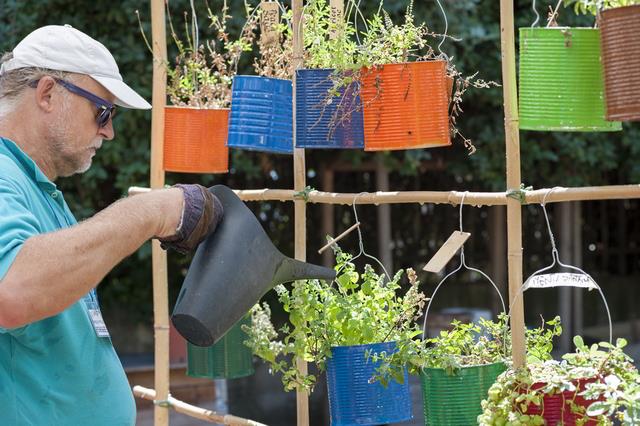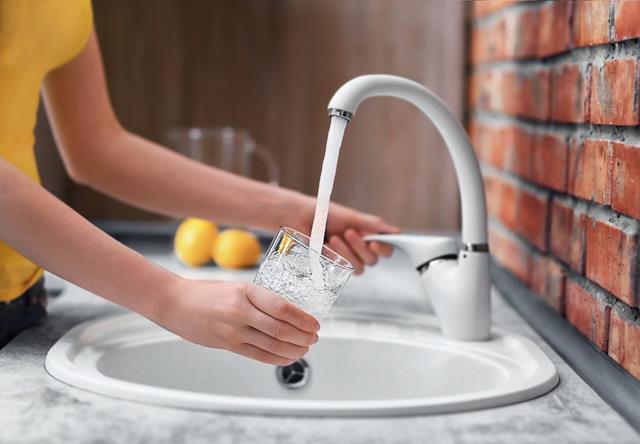Renting is the smart financial choice for many consumers, but a ‘difficult’ landlord can easily make it feel like the wrong choice, and cause tenants to leave as soon as they possibly can.

On the other hand, landlords who are able to establish a good working relationship with their tenants will have much easier time when it comes to organising any repairs necessary and retaining those tenants or showing the property to prospective new tenants, says Gerhard Kotzé, MD of the RealNet estate agency group.
And this applies whether you manage your rental property yourself or through a managing agent, he says, so here are the five top tips for becoming the landlord that tenants love to rent from:
1. Be transparent and honest
Everyone expects honesty when it comes to dealing with tenants’ deposits and rental payments, but you and/or your agent should also be transparent when answering prospective tenants’ questions about things like noisy neighbours, traffic in the area, cell phone coverage and the availability of public transport.
2. Make your tenants feel welcome
It’s definitely worth having a meal or a gift delivered to your tenants on the day they move in and taking the time to provide them with some useful information about their new area.
“Once they know where the nearest shop, bank, gym, bus stop and school is, they will feel much more at home and be able to imagine themselves settling down in your property for a long time,” says Kotzé.
3. Provide clear lines of communication
You obviously don’t want your tenants calling you or your agent at all hours of the day or night for every little thing, but you don’t want them to feel cut off either.
“So when they move in, give them the right number to call during business hours, and better still, an email address where they can reach you or your agent. This will have the added advantage of helping to keep a written record of all communications with your tenant for future reference,” he says.
4. Be quick to respond
As a landlord you no doubt expect your tenant to be prompt when it comes to paying the rent, so you and/or your agent need to extend the same courtesy to your tenant when it comes to dealing with their concerns about urgent repair, noise or security issues.
“Of course, they should only call you or your agent during business hours unless it is a real emergency, but when they do, the matter should be dealt with as fast as possible. And if an outside contractor is required to fix any sort of damage, you need to monitor progress to see that the work is completed properly and on time,” says Kotzé.
5. Be a bit flexible
While it may be written into the lease that rent is due by no later than noon on the first of every month, your tenant should be able to approach you for a little leeway in the event of an emergency.
No one is suggesting that you tolerate repetitive late payment, but good tenants who usually pay on time and in full will appreciate some kindness when they have a genuine problem - and are most likely to return the favour when it comes to renewing their lease or accepting a rent increase.
Read more












